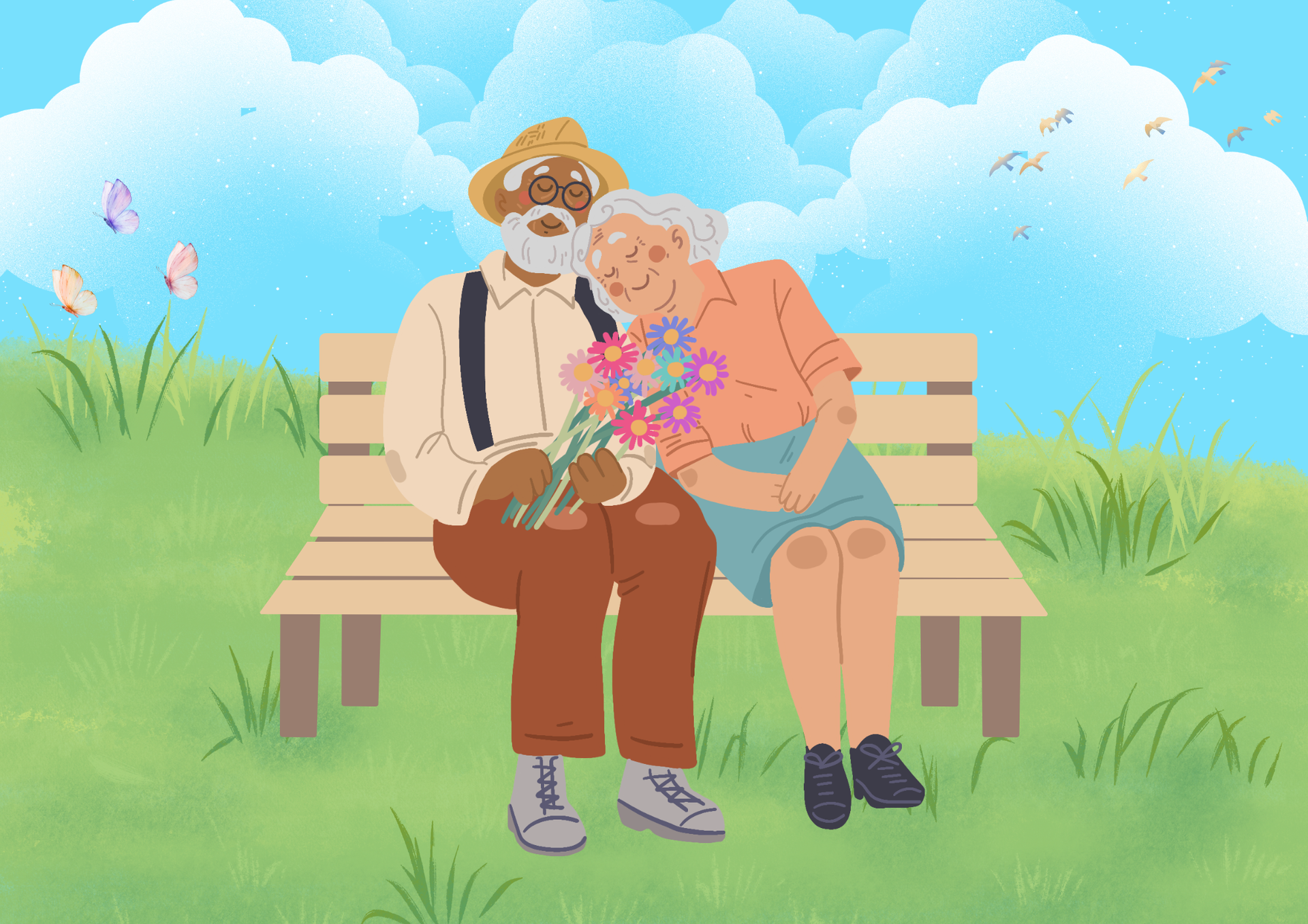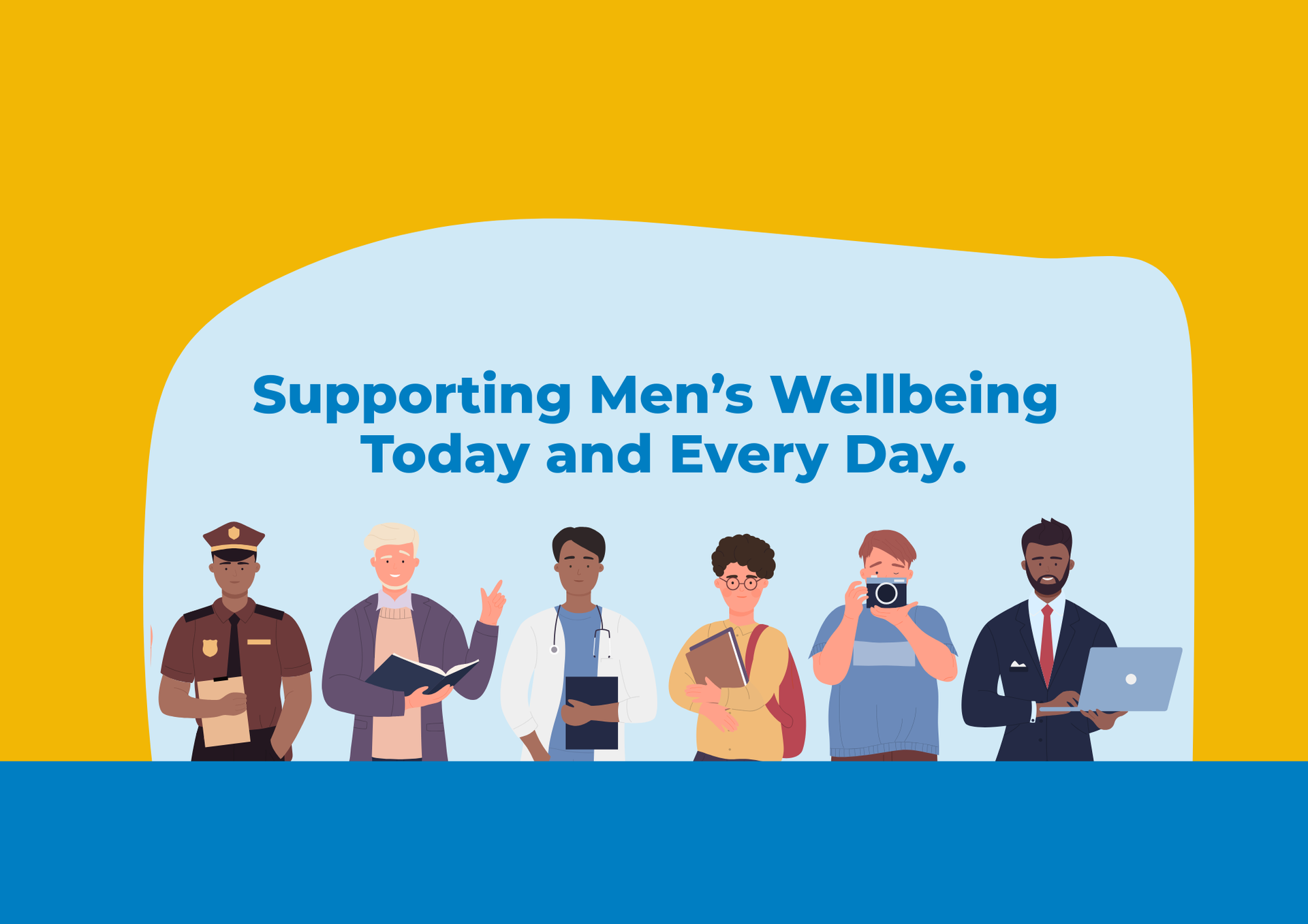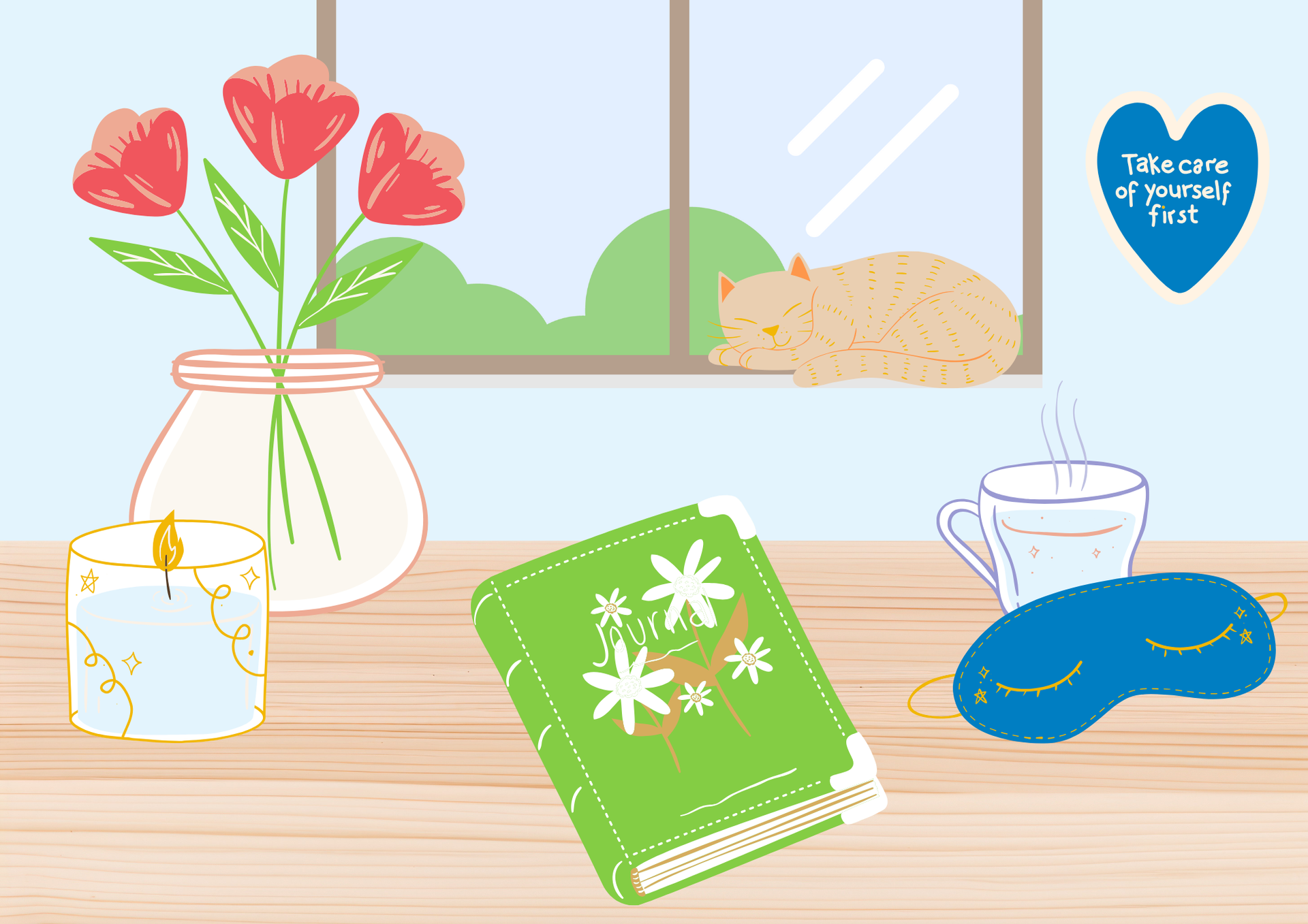Ageing Gracefully

We deeply believe that every wrinkle holds a story, and every grey hair shines with the light of a life well-lived. Each day adds a new shade to the beautiful picture of one’s journey — painted with memories, laughter, love, and the lessons learned through struggle. Aging is not a loss, but a reminder of how deeply we have lived, felt, and given to the world. It is a celebration of strength, resilience, and the quiet beauty that comes with time.
Yet, growing older doesn’t mean growing alone — though many seniors quietly face emotional challenges that often go unspoken. Aging, with all its grace and wisdom, also carries its own trials. The natural effects of time — health struggles, social isolation, or loss of independence — can sometimes bring feelings of sadness, uncertainty, or loneliness. But by recognizing and valuing these rich lived experiences, we can offer compassion, connection, and care that uplift the spirit. In doing so, we help ensure that every senior continues their journey with peace, pride, and a heart full of purpose.
While ageing is a journey to be celebrated, it’s also important to understand the emotional realities that can come with it. Over the years, Australians aged 65 and over have enriched our communities with their wisdom and resilience. According to the Australian Bureau of Statistics, this vibrant group makes up about 17% of the population, with nearly 9% experiencing mental health challenges like anxiety and depression, excluding dementia. Looking ahead, as this number grows to nearly one in four by 2065 (Australian Government, Department of Treasury – Intergenerational Report), we have a wonderful opportunity to prepare — by expanding support, raising awareness, and building strong connections — so that every senior can continue to live with dignity, joy, and purpose well into the future.
Understanding Seniors’ Mental Health: Staying Strong, Connected, and Positive
Stay Connected: Join social groups or MHFA support activities. Social interaction lowers cortisol (stress hormone) and boosts oxytocin, reducing loneliness and improving mood and memory.
Focus on Emotional Wellness: Practice mindfulness or gratitude daily. This helps the prefrontal cortex regulate emotions and calms the amygdala, reducing anxiety and depression while boosting positivity.
Seek Support: Use resources like the MHFA Supportive Mind App, peer groups, or counselling. Early help reduces stress, builds coping skills, and prevents mental health from worsening.
Stay Active: Physical activity like walking or gardening releases endorphins and promotes neurogenesis. Mental activities like puzzles or reading strengthen neural connections, improving memory and attention.
Routine Health Checks & Nutrition: Regular health check-ups and balanced nutrition are vital. Managing chronic conditions and eating well support brain health and overall well-being.
Taking these steps can make a big difference in how seniors feel and thrive. With kindness, understanding, and support, every older person can enjoy life with dignity, connection, and joy.
(Data and guidance adapted from the Australian Institute of Health and Welfare, 2025.)
A Lived Experience Perspective
In my work as a physiotherapy professional, I’ve come to deeply appreciate how closely physical health and mental well-being walk hand in hand. Many seniors arrive seeking help with pain or mobility, but often, beneath the surface, there’s a quiet longing for connection and emotional renewal.
Through gentle conversations — truly listening to their stories, celebrating every small step forward, and linking them with caring peer support — I’ve witnessed inspiring transformations. When seniors feel seen, heard, and valued, their confidence soars, their motivation strengthens, and their physical recovery flourishes.
These experiences beautifully highlight that true healing is a whole-person journey, embracing both body and spirit. By weaving together compassionate care and emotional support, we empower seniors to rediscover joy, purpose, and hope, no matter their age.
Families and carers also play a vital role in this journey — offering patience, companionship, and encouragement that remind seniors they are never alone.
The Power of Counselling
Counselling provides a safe and caring space for seniors to share their feelings, navigate grief or life changes, and rediscover purpose and confidence. With empathy and understanding, professional counsellors help build resilience, offer coping tools, and open new perspectives for growth. For many, it becomes a gentle reminder that seeking help is a sign of strength — and that emotional well-being has no age limit.
Help Is Here — You’re Not Alone
At Mental Health Foundation Australia (MHFA), we’re dedicated to supporting the emotional well-being of people from all walks of life through psychological counselling, peer support groups, webinars, and community awareness programs.
Our goal is to create a society where every person — regardless of age — feels heard, valued, and supported. Through compassion, connection, and education, MHFA continues to empower individuals and communities to prioritise mental health as an essential part of ageing well.
If you or someone you know could use support, MHFA is here to help. Visit www.mhfa.org.au to explore our programs, join a support network, or register for upcoming events.
Together, through empathy, awareness, and action, we can make ageing not just longer — but brighter, healthier, and more connected for everyone.
Co-authored by Zain Khalid Warraich and Neha Anand





